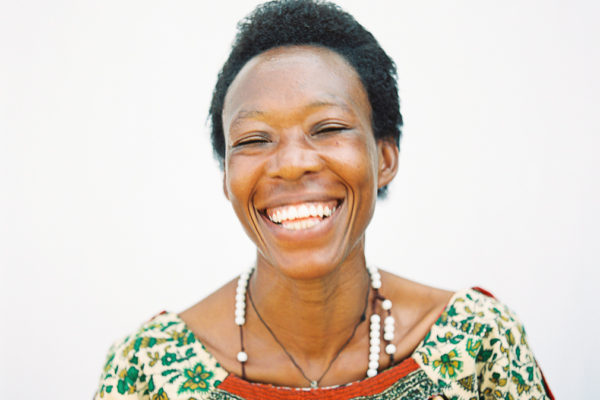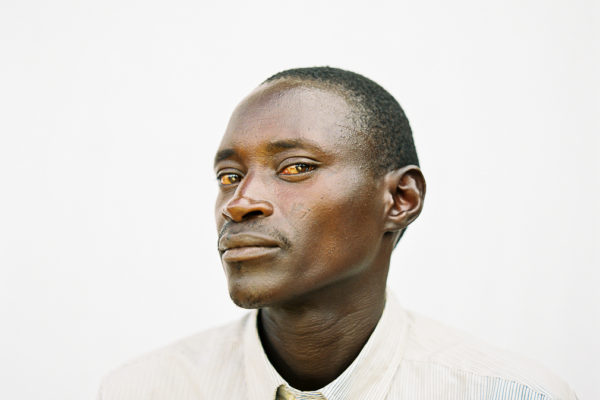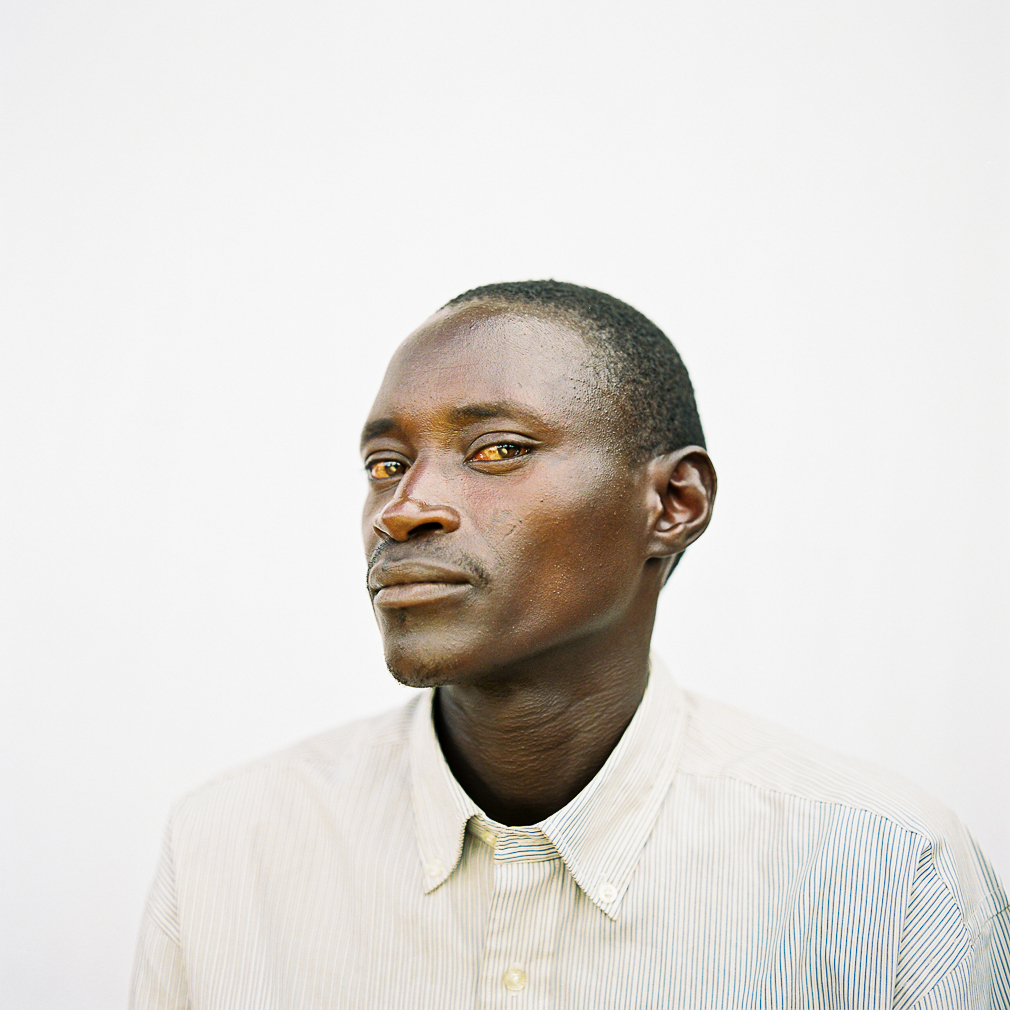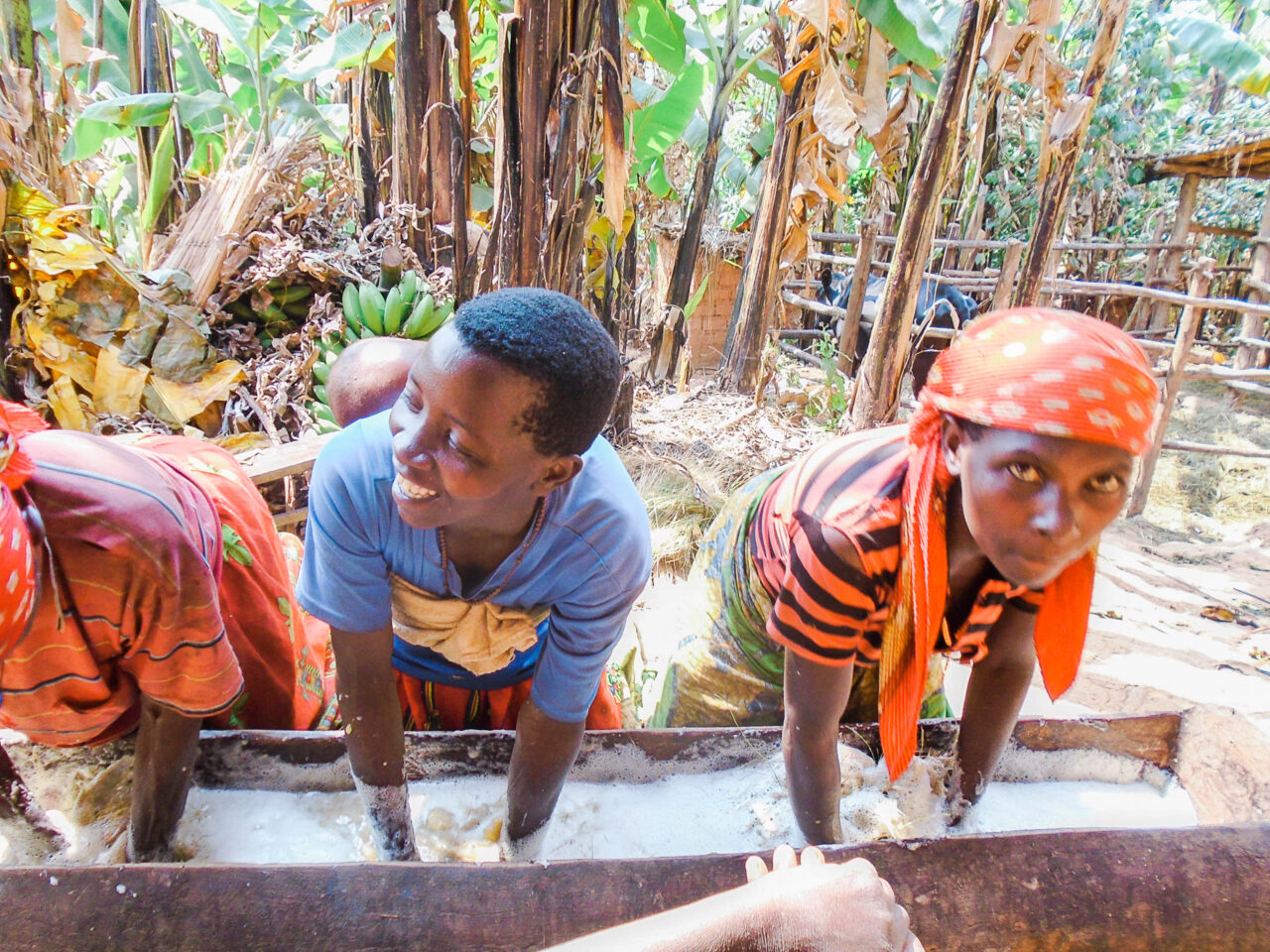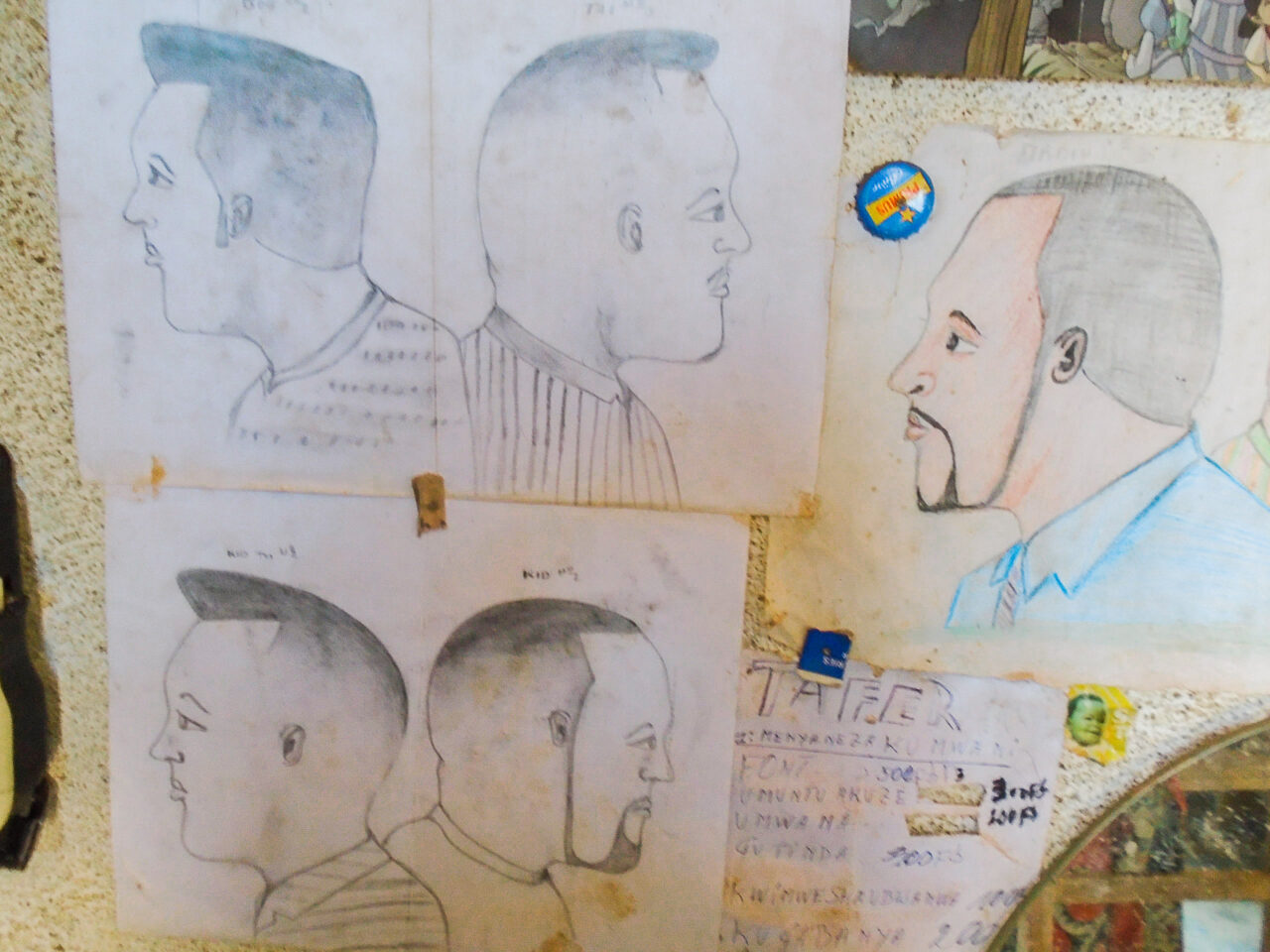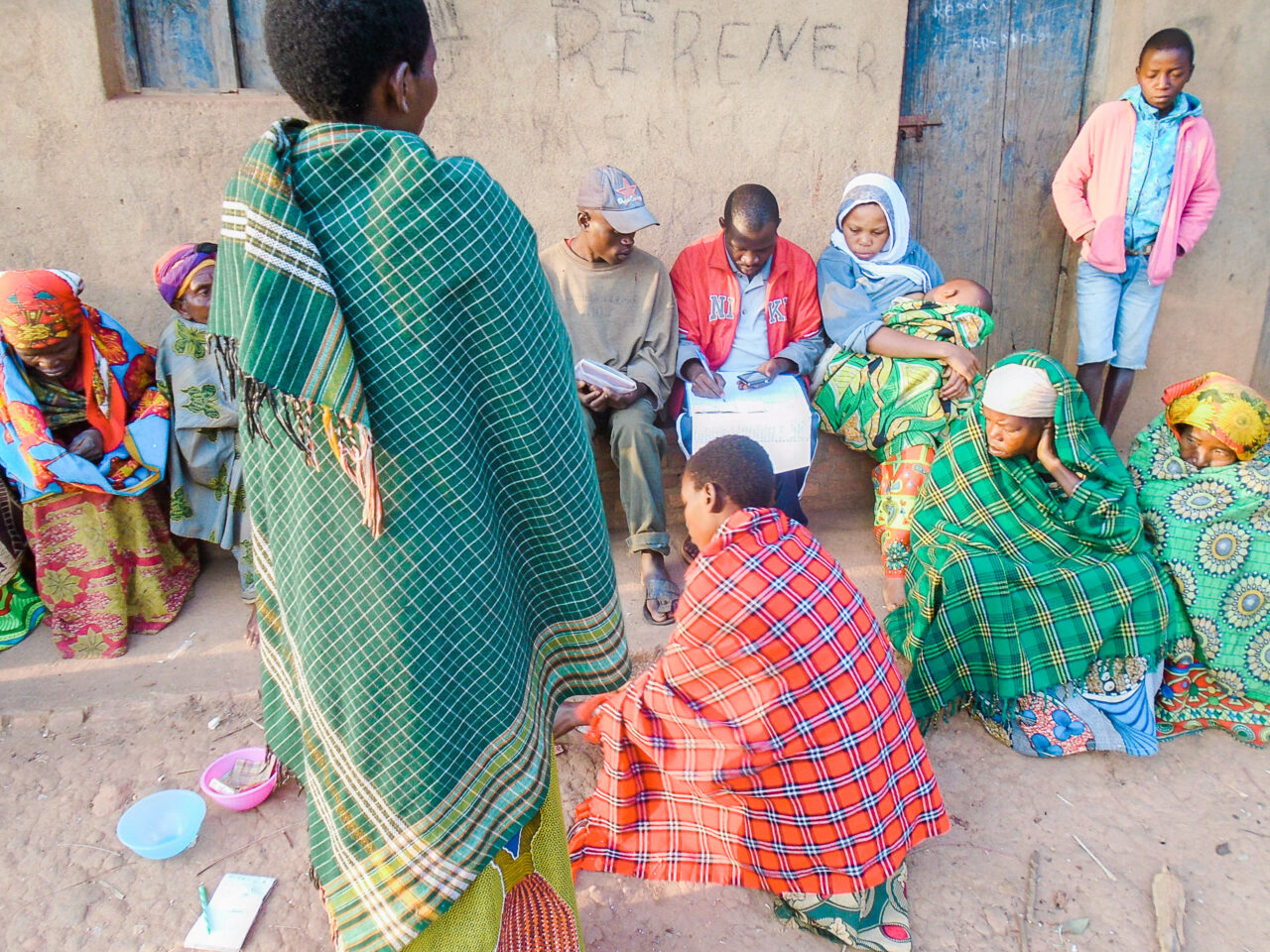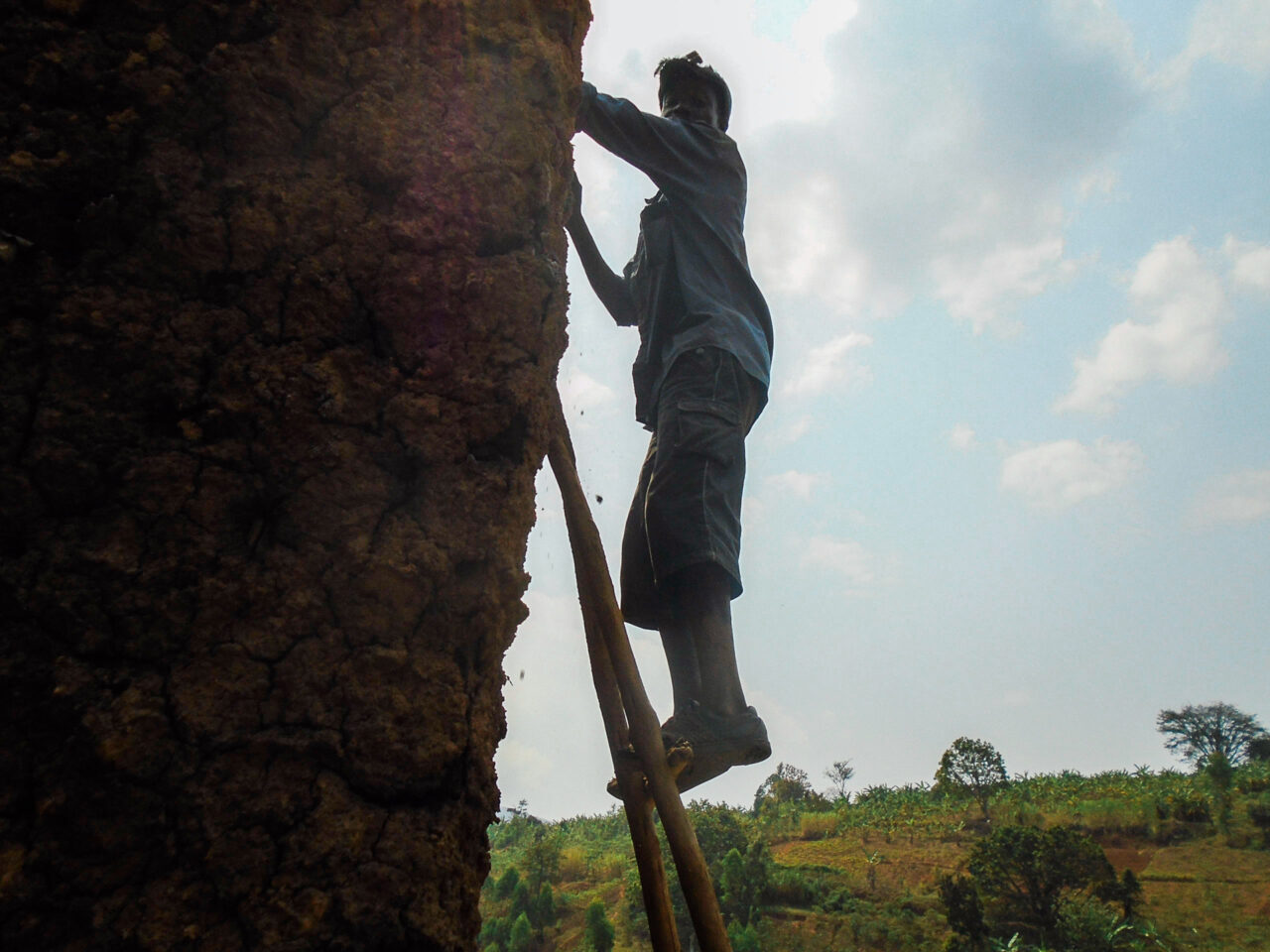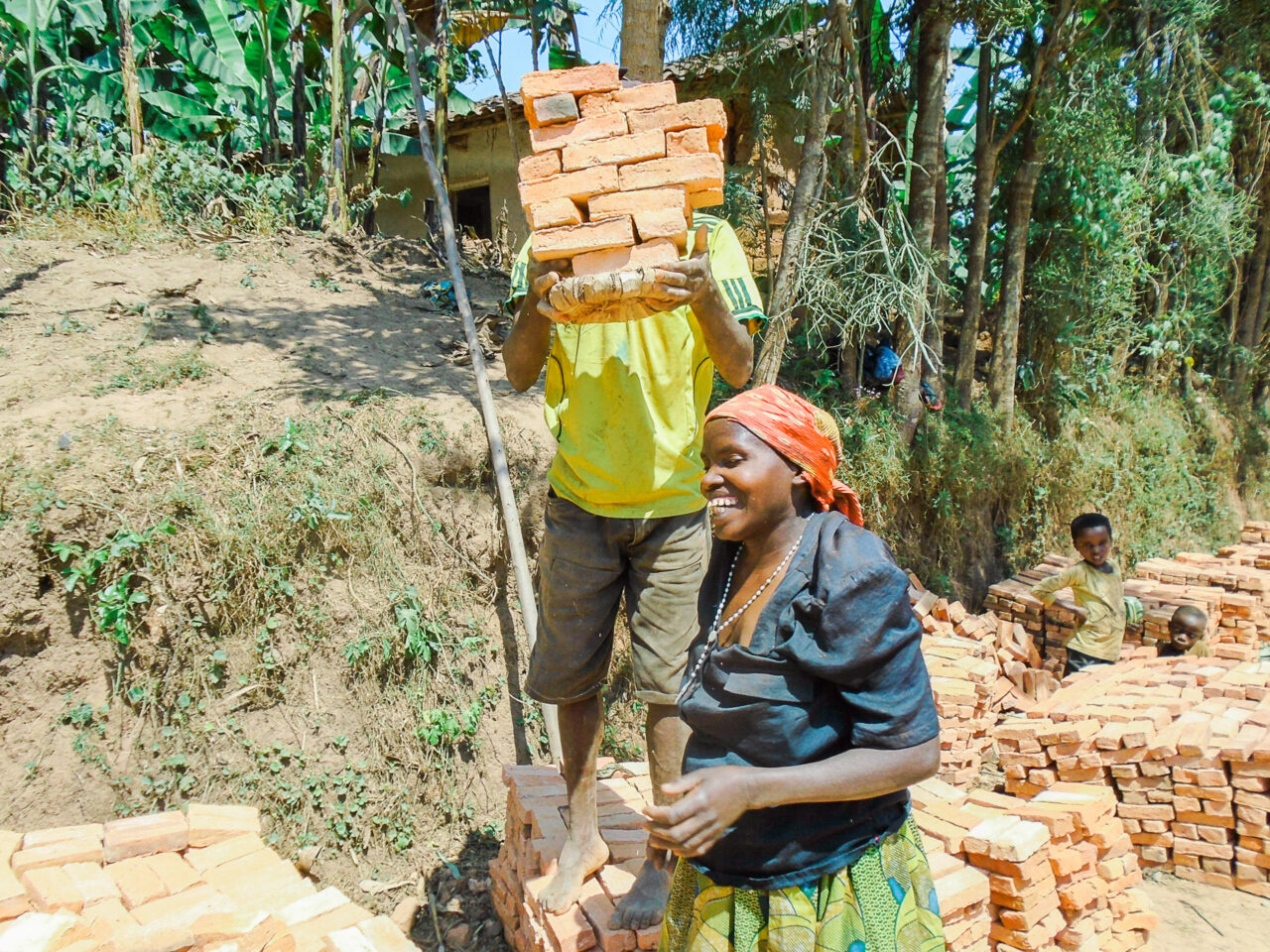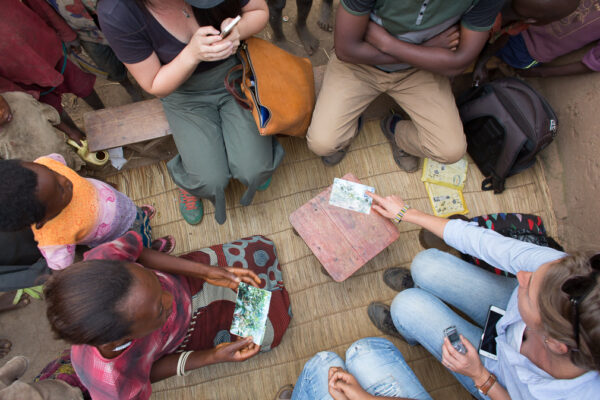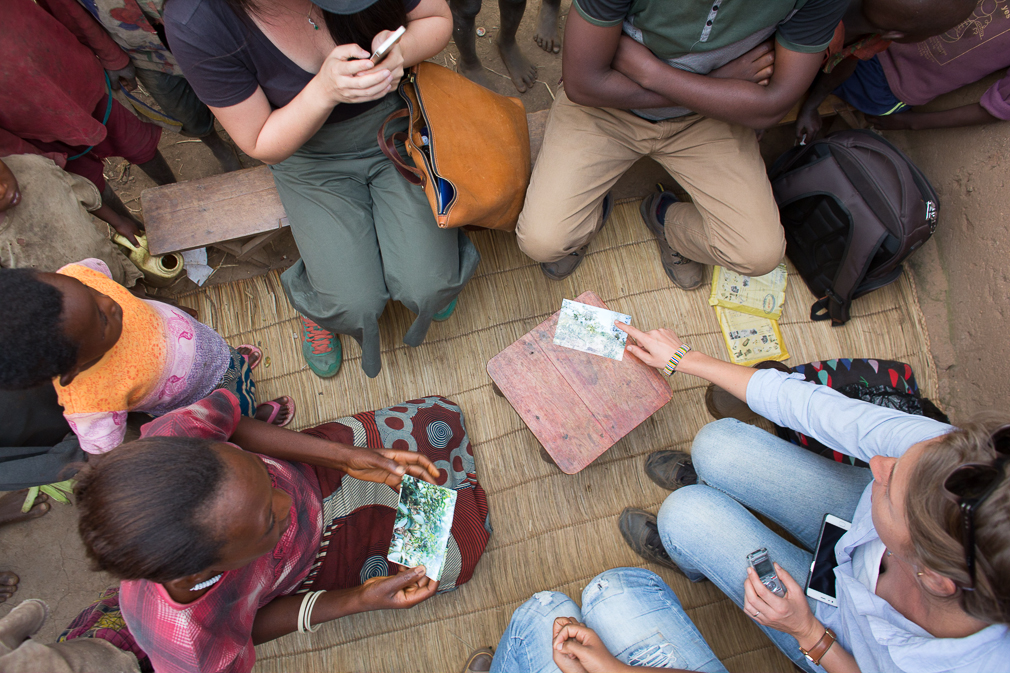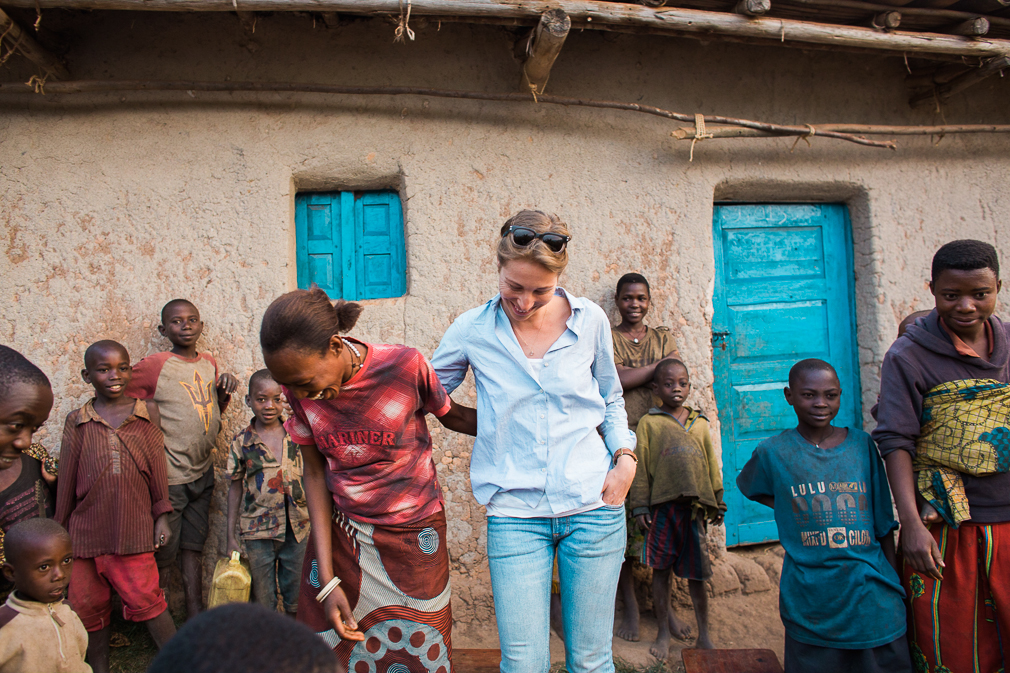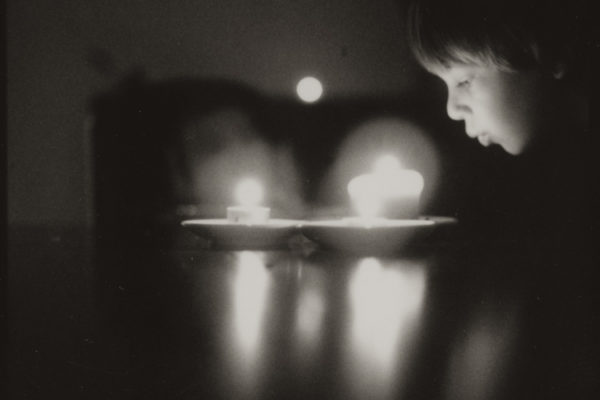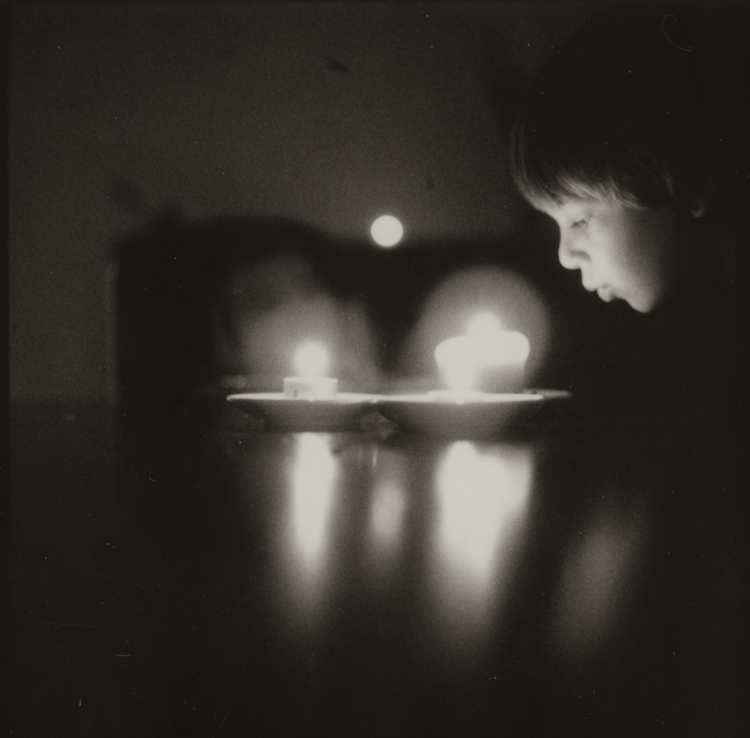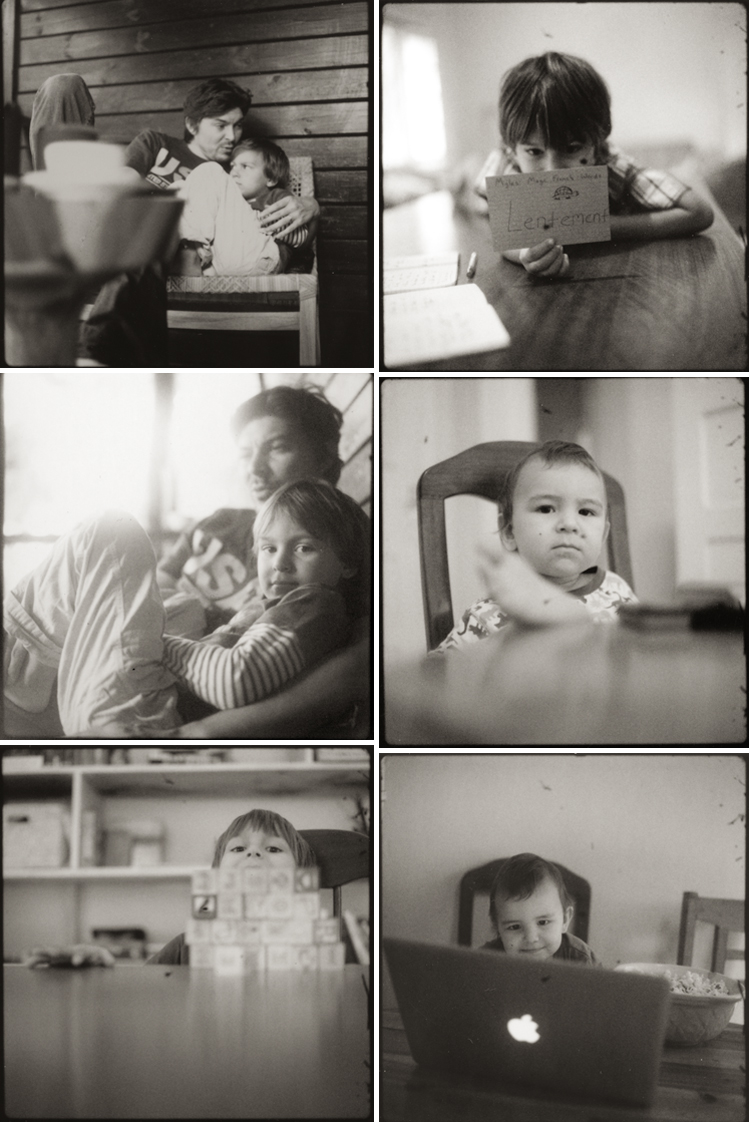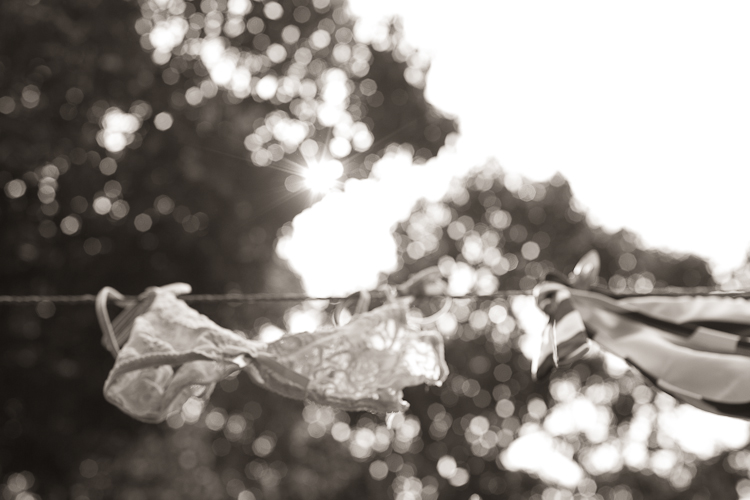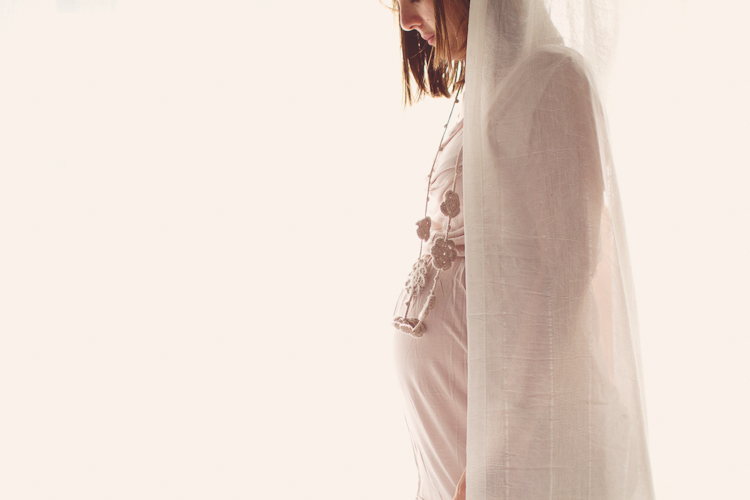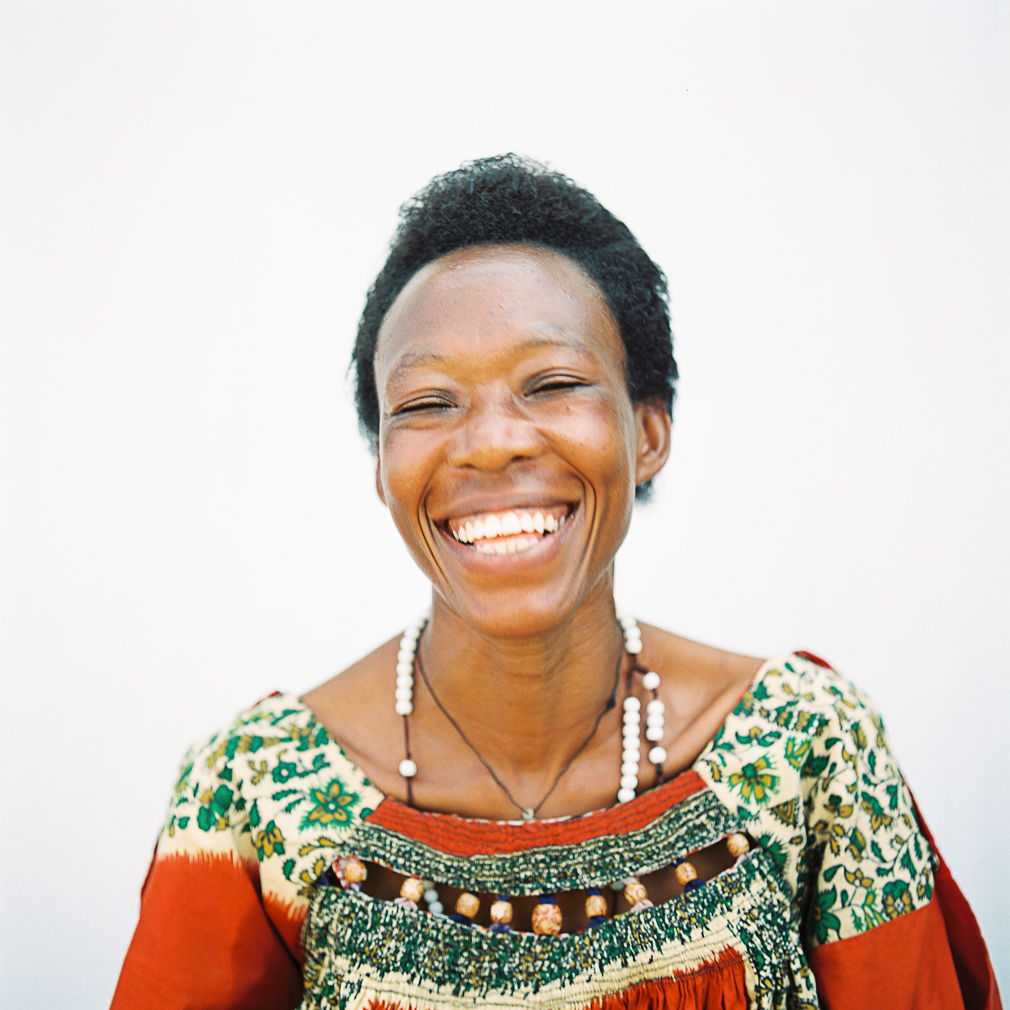
“We know that people who buy the coffee are interested to know where it comes from.”
With her loveable personality and seemingly endless wisdom, Dorothy is an anchor in her community. At forty-three years old, she’s no stranger to farming coffee. Her family has been growing it since the 1970s. Farming coffee isn’t difficult, she says, but it takes diligence and hard work.
“Coffee is like raising a child. You have to wash them, nurture them, and look after them.”
The happiest moment in Dorothy’s life was when she learned that she was pregnant. Having been told by doctors that she wouldn’t be able to conceive, falling pregnant with her first daughter (and the five children that followed) was a tremendous source of joy.
Dorothy tries to include her children in the farming process as much as she can, passing on what she’s learned from her grandmother. Growing up, Dorothy’s mom gave her to her grandmother to be raised because she had little means to do so by herself.
“My grandmother became the person who taught me about life and the way to live. She taught me everything I know.”
When she goes out to work on their family’s fields, her youngest daughter tends to follow. She’s recently been teaching her children about the effects of soil erosion, and what they can do to protect the soil. Together, they are planting vegetables around their home and in the small plot of land behind their house to prevent the soil from eroding in the future.
“What is most important though is to lead by example. If I pick up a hoe, they’ll follow and also pick up a hoe.”
Dorothy’s hope for her children is that they finish school but continue to farm, because to her, farming is life.
“The legacy that I would like to leave is to plant coffee trees, so that my children can look at them in the future and say, ‘My mom planted these’.”
“I want to teach them that those coffee trees are not permanent; that they must change them when they get old, so that their children will see them in the future.”
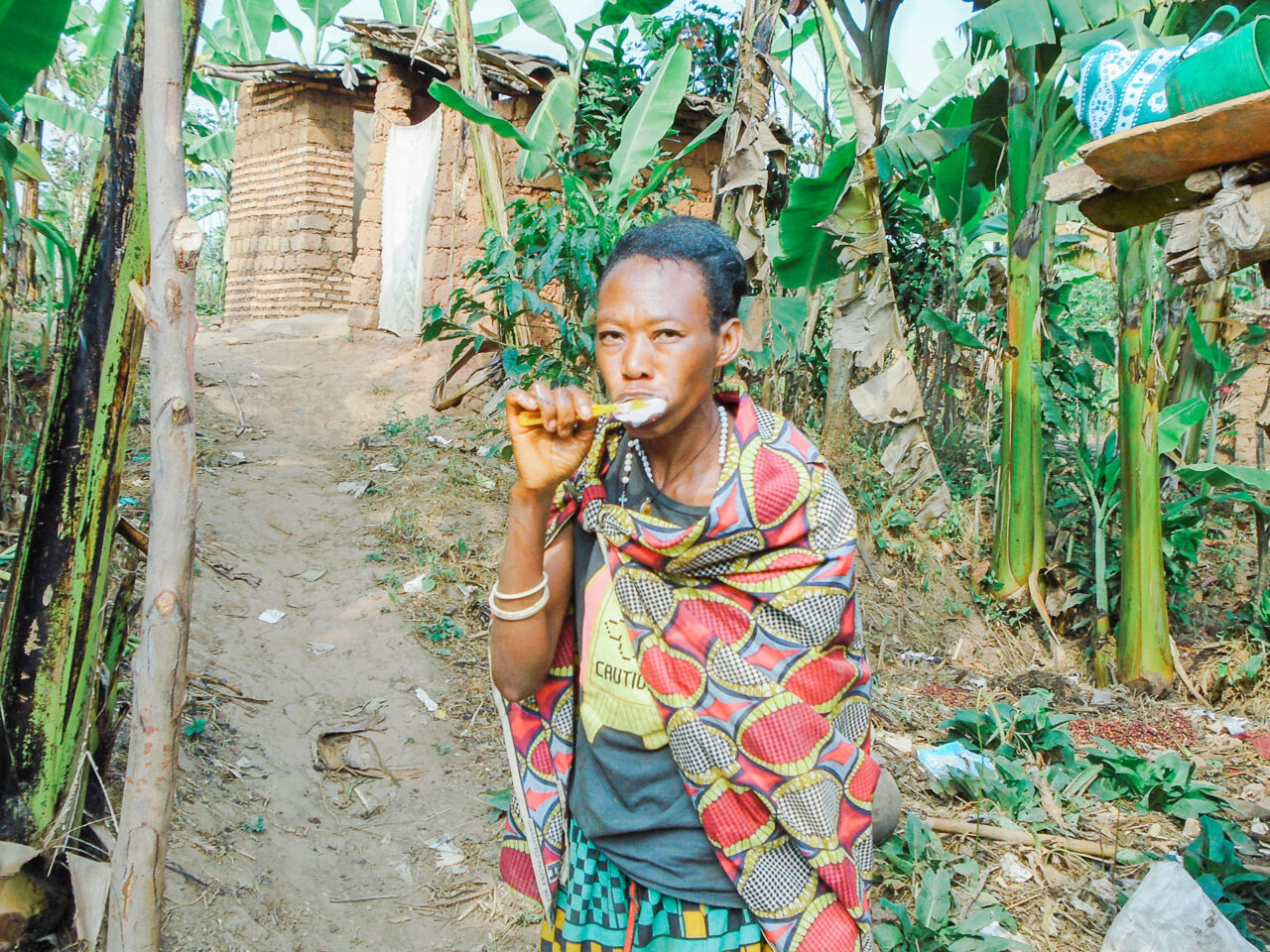
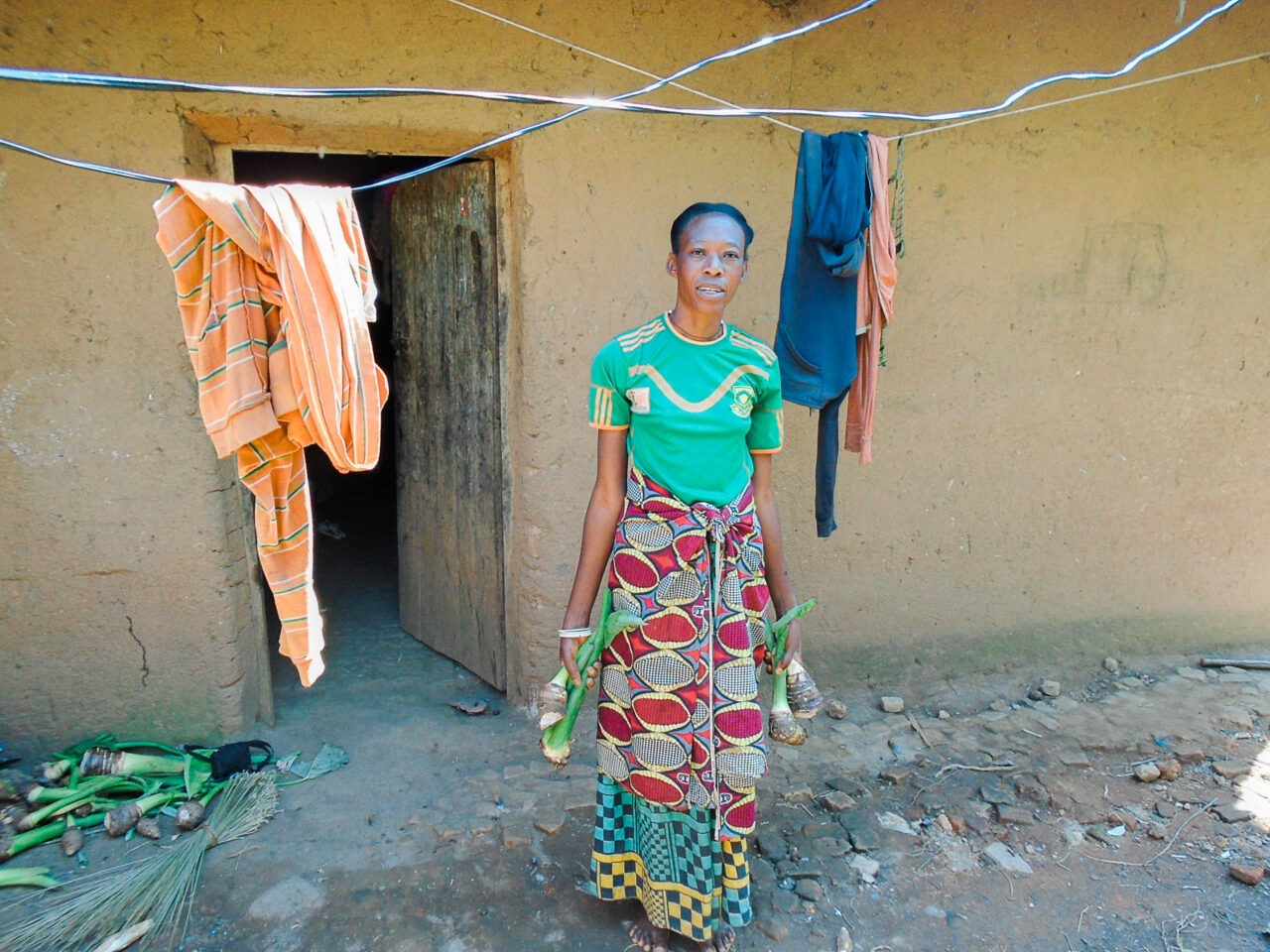
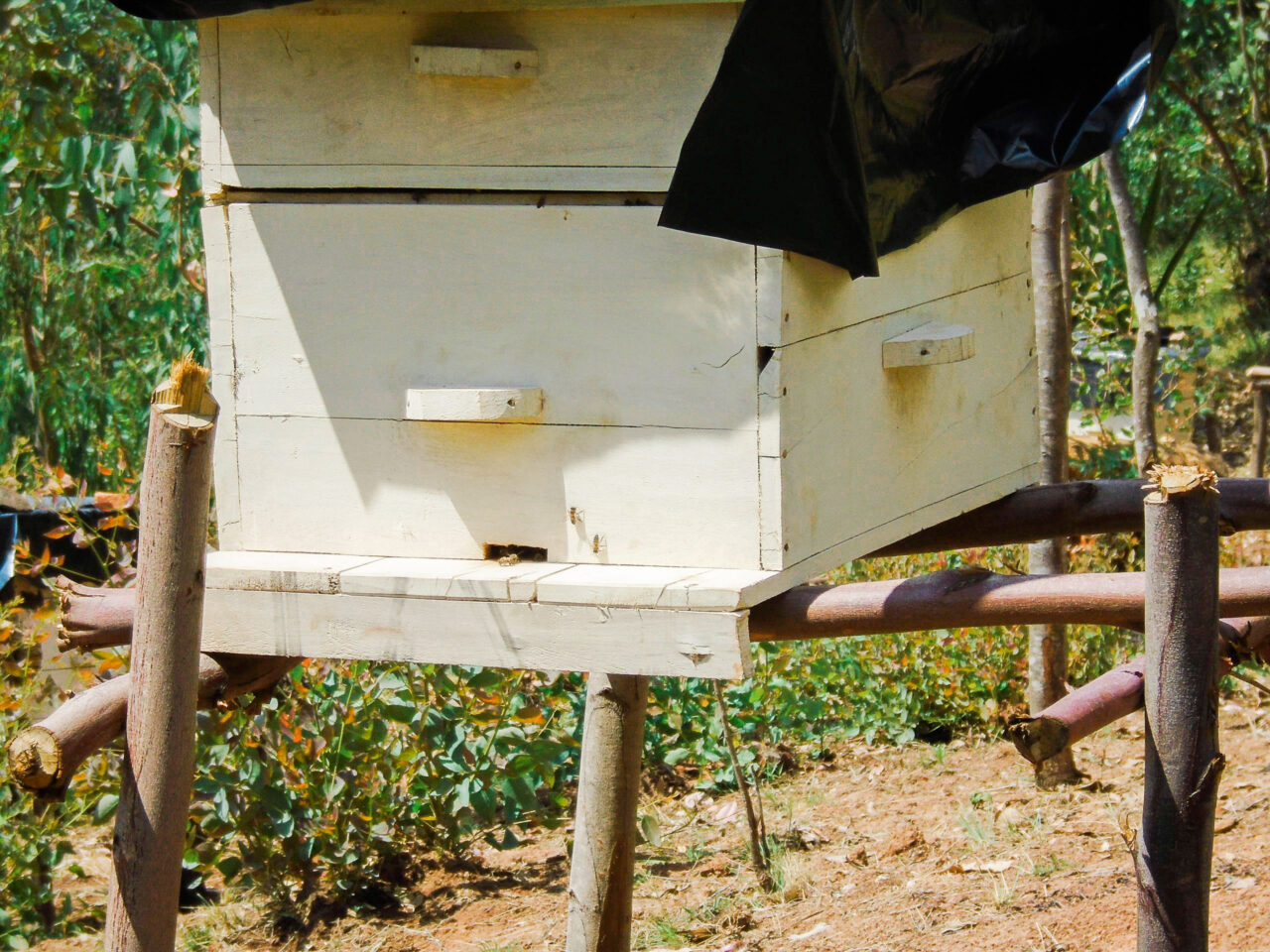
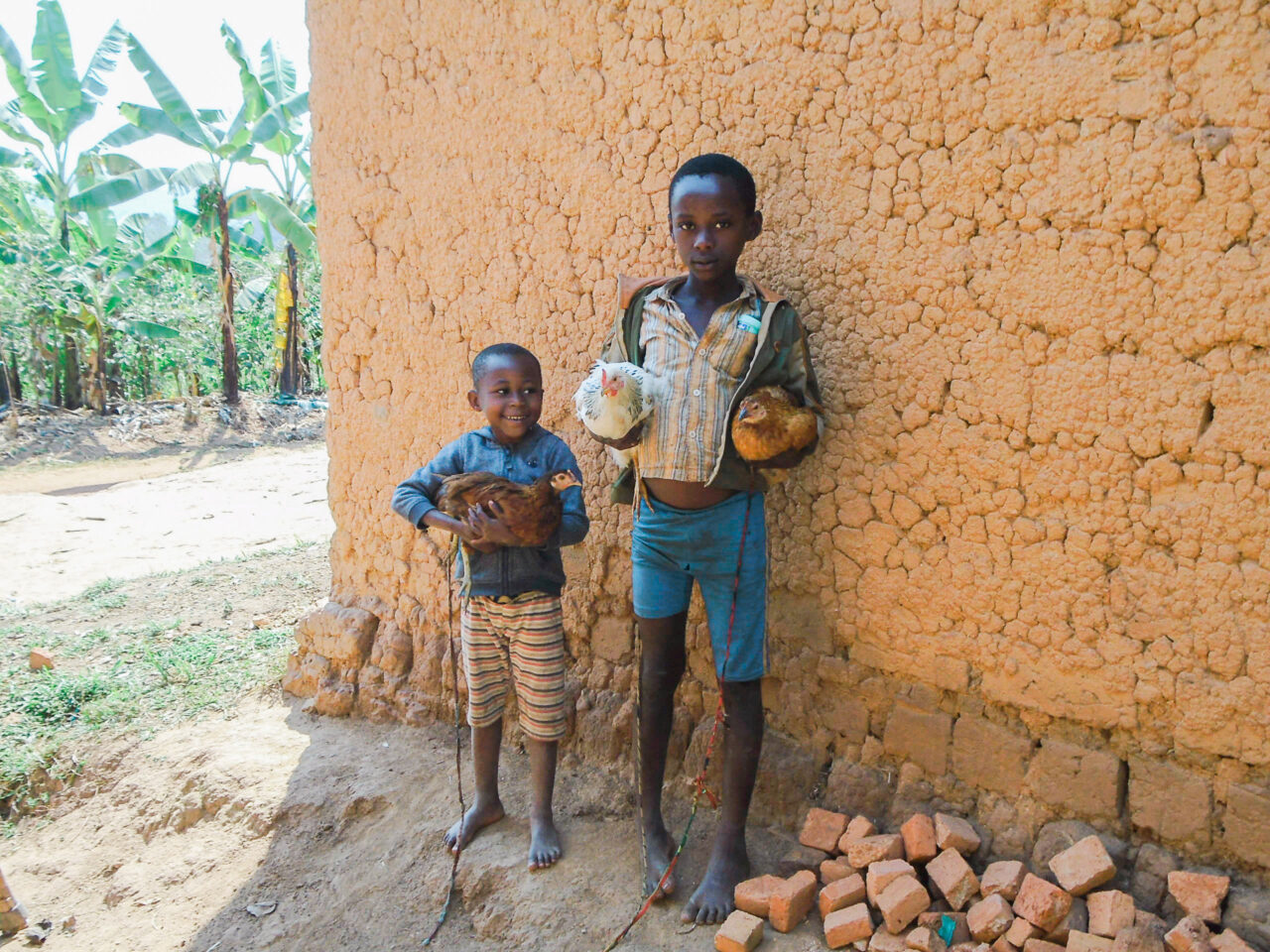
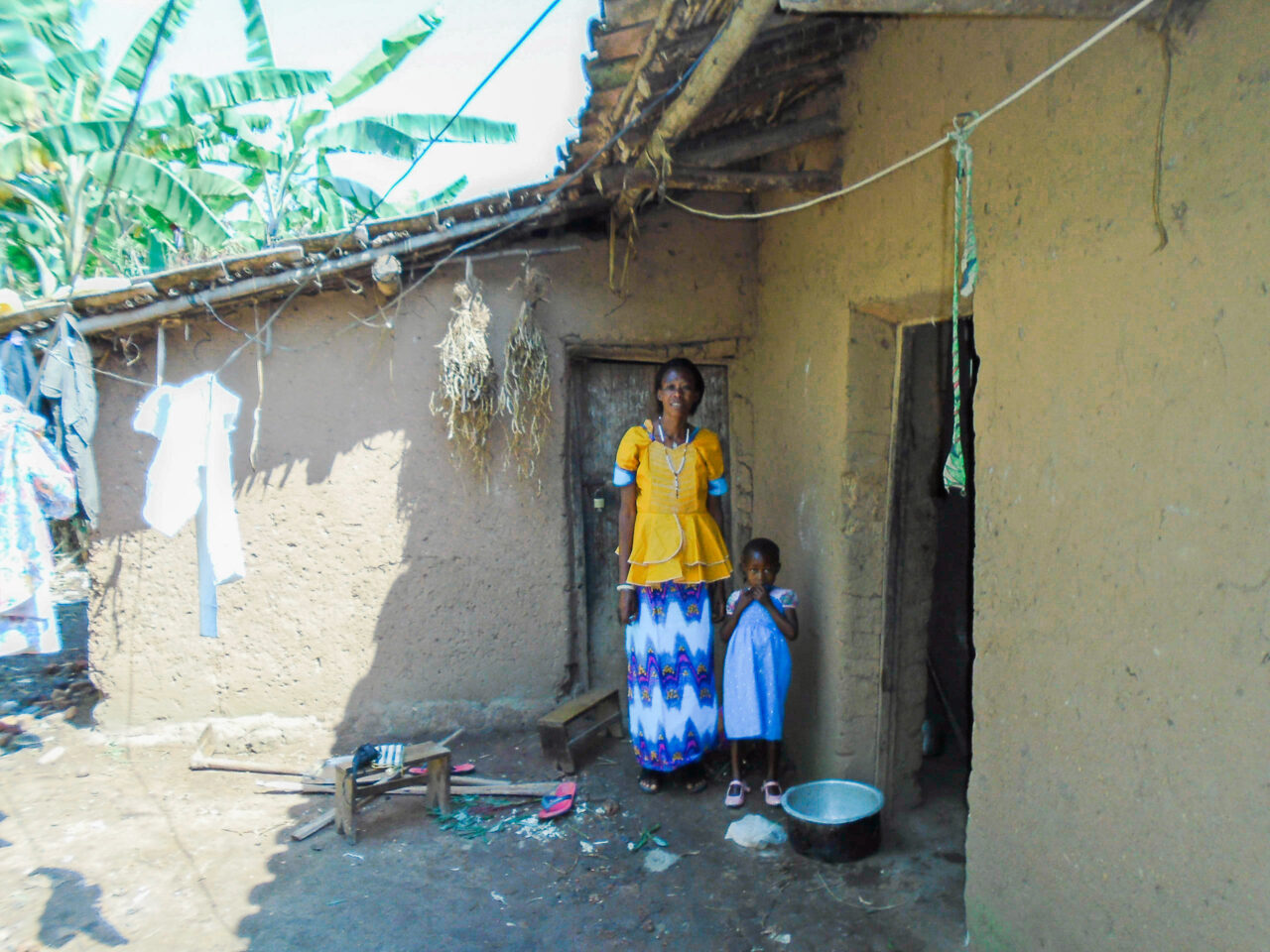
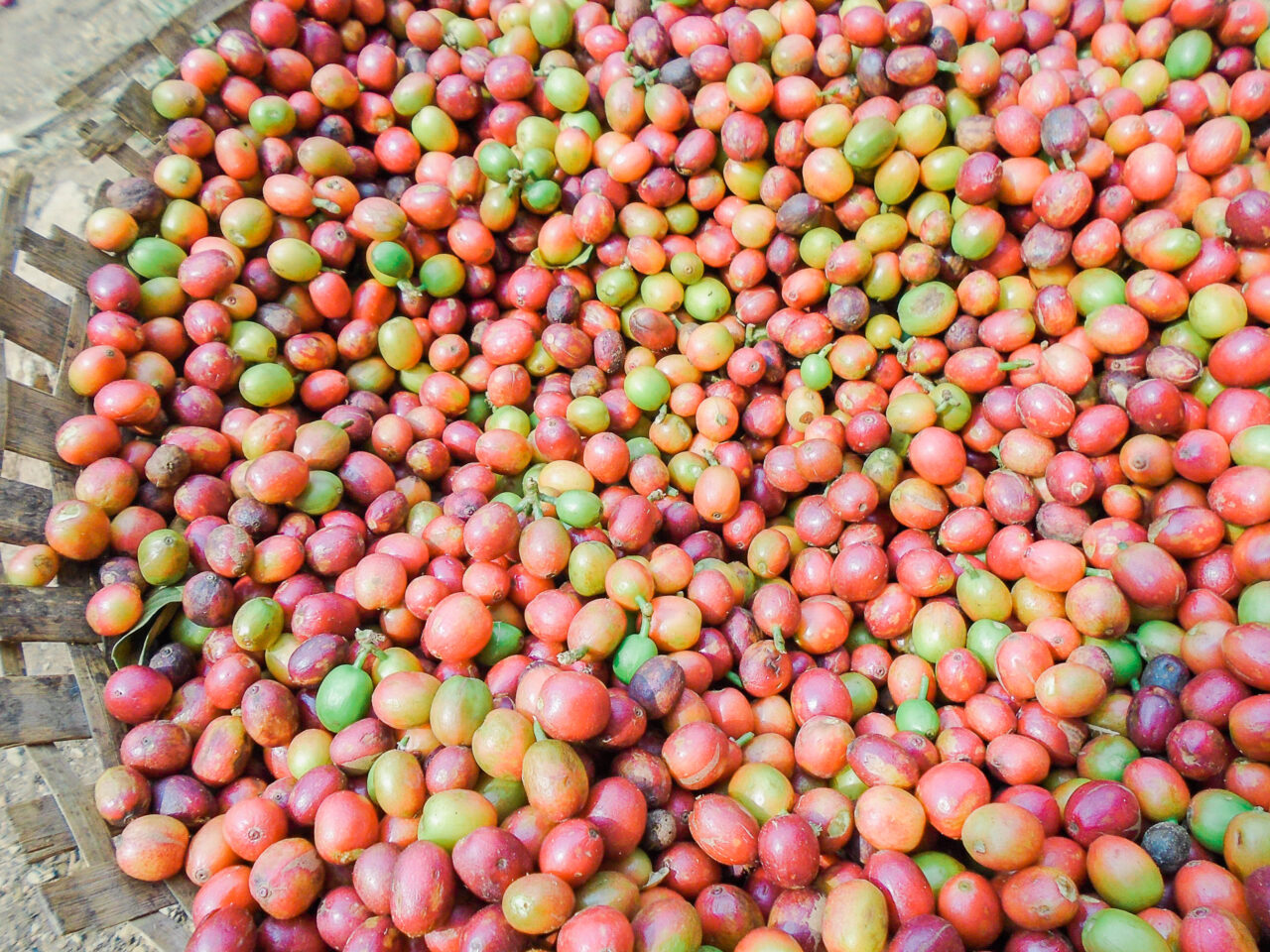
“Before + Now” is dedicated to bringing the voices of marginalized coffee farmers into the field of vision of everyday coffee consumers. It includes a series of photographs made by coffee farmers in Burundi, East Africa as well as a large-format portrait of each farmer. This series makes it possible not only to see life in East Africa and the coffee process; but also to connect clearly with the dreams, fears, and hopes of coffee farmers. Read more about “Before + Now” here.
